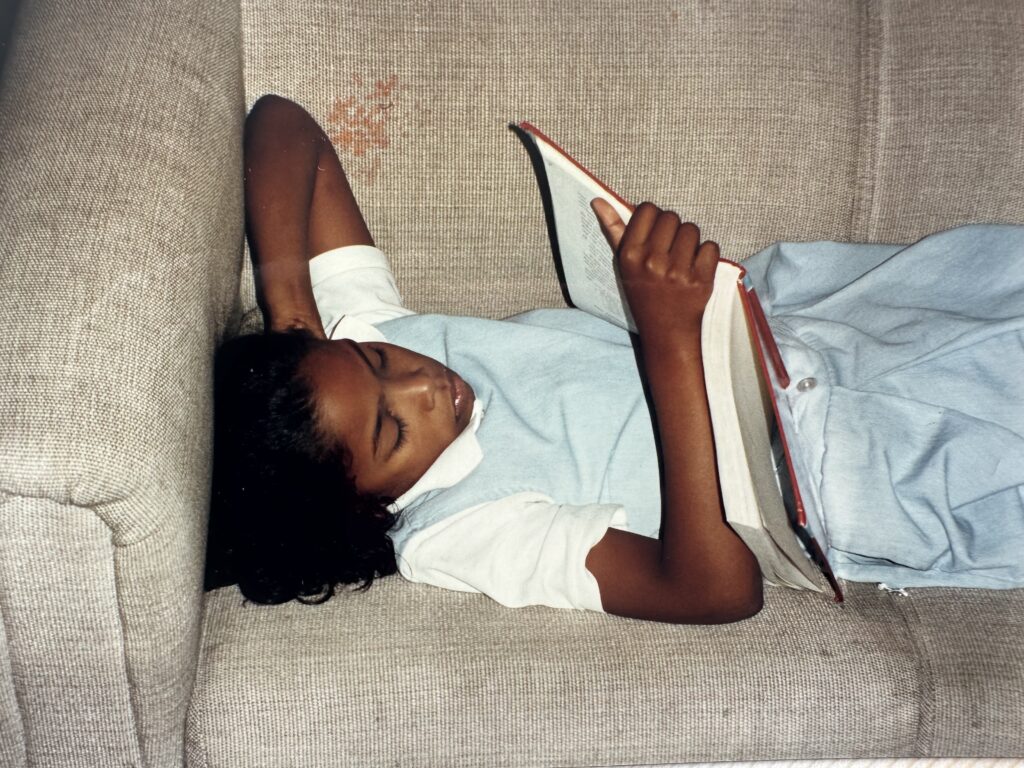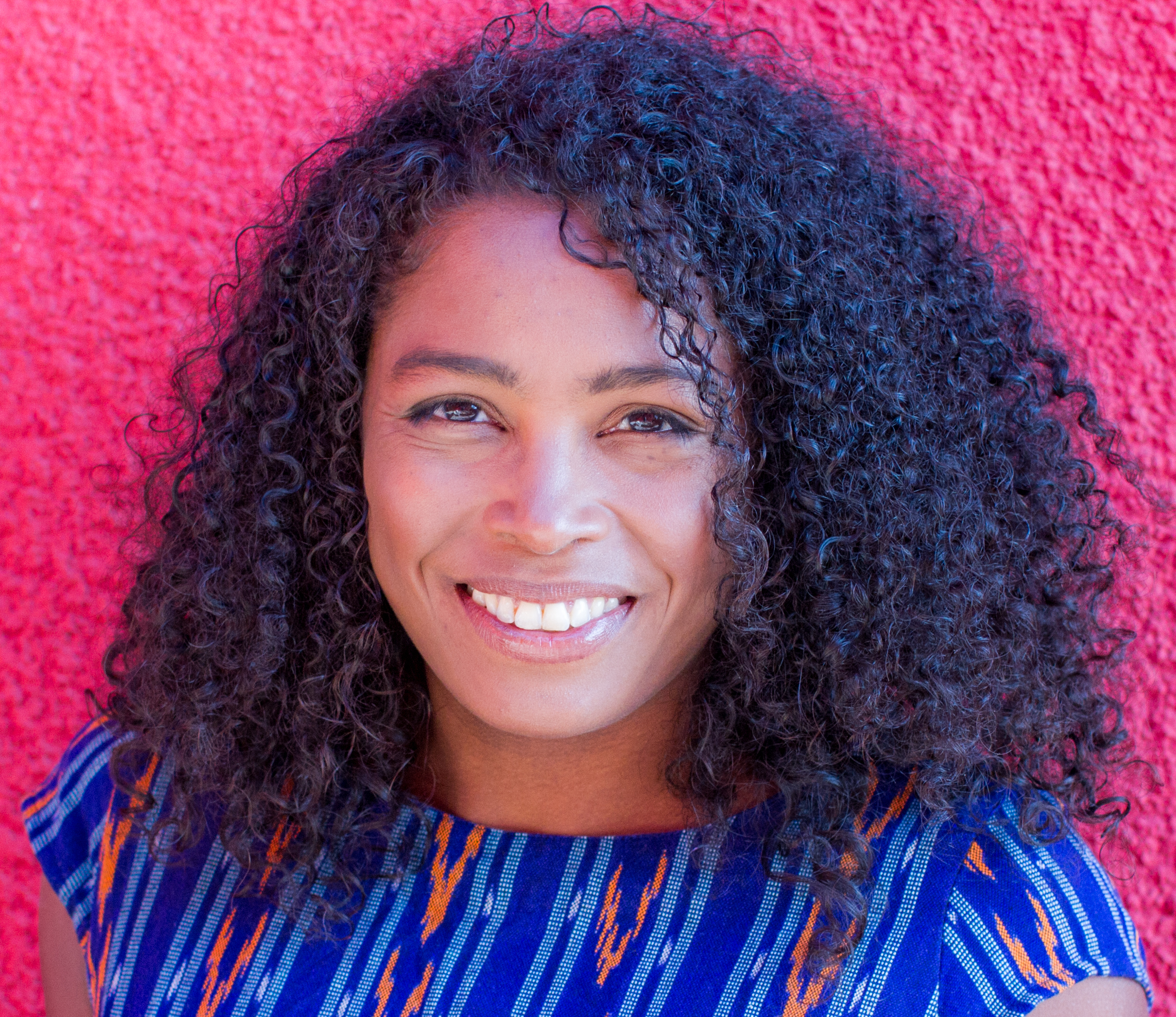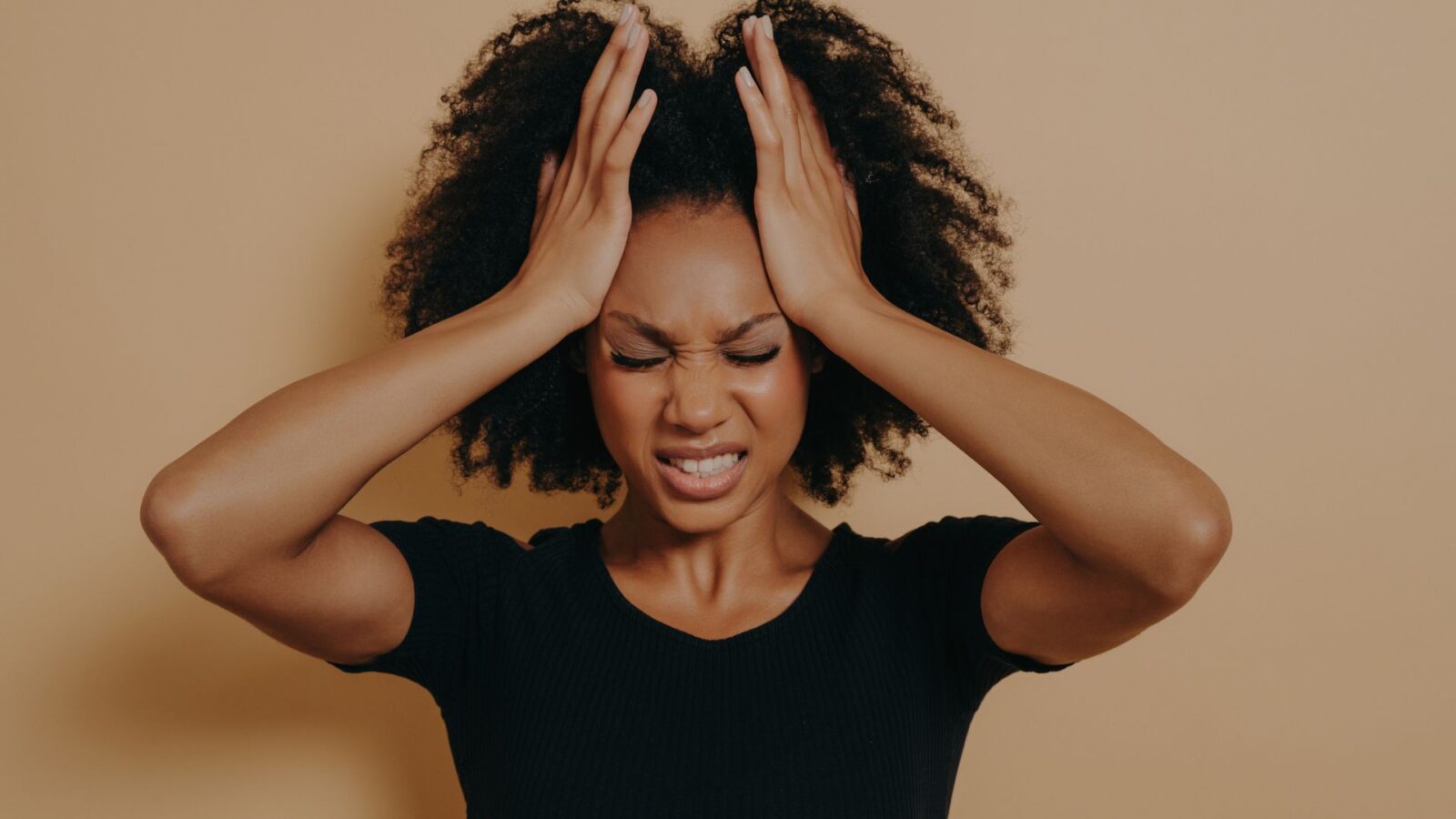The first time that I wanted to kill myself, I was 10 years old.
I was in the fifth grade, one of only a few Black folks at a predominantly white private school in the Washington, DC area. I often felt alone, unprotected and misunderstood. And one day, following swimming practice in the locker room, a group of white girls who were my classmates surrounded me, snatched my towel, and cruelly pointed and laughed at my naked Black body. I was humiliated and wanted to disappear. Just the thought of that experience still pains me today. I didn’t share this with anybody. I suppressed the feelings, focused on my work and pushed through it. I was on scholarship at the school and knew, even at that young age, that I still had to perform or risk losing everything.

The next time I experienced that level of darkness and wanted to disappear I was in my 30s. Even with two degrees from Harvard, the successful career, the great friends and the seemingly good life, I felt like I didn’t have it in me anymore. I was at my rock bottom. The pressures of life — financial responsibilities, family responsibilities — were overwhelming. Working in a high-pressure, toxic work environment where I was the only Black person in leadership was taking its toll. Constant pressure to over-perform, burnout from doing my job and the job of others around me with no additional compensation or recognition, and endless microaggressions caused me to have exhaustion, apathy and a disinterest in normal daily activities. The heaviness was something I wasn’t sure I could handle.
This time, however, I didn’t suppress this feeling and just push through it. Instead, I went on the internet.
That’s right, I did the only thing that I could muster at the time. I researched online to find ways to get out of this funk and discovered that certain foods have serotonin and boost your mood. So I tried that. I read that it was important to have a routine. So I tried that. I was exposed to mindfulness and breathing practices that calmed my mind and my nervous system. So I tried that. I tried until I started to see some light. Eventually, with these new habits, I made it out of that darkness.
But for many Black women, living with depression and hovering just below rock bottom is simply part of our everyday reality. Work burns us out and makes us irritable, while enduring daily microaggressions and witnessing constant violence against Black bodies causes us to have rage we often have to suppress in order to function within society. We’ve been wearing the mask so long that when it finally cracks, things fall apart and we don’t know why.
Black women often don’t recognize the symptoms of depression and we’re misdiagnosed by doctors. According to a study led by researchers at NYU Rory Meyers College of Nursing and Columbia University School of Nursing, Black women with depression were more likely to report symptoms such as fatigue, insomnia, decreased libido, and irritability rather than stereotypical depression symptoms such as feelings of hopelessness or depressed mood. You know what this likely gets you? The angry Black woman label. Or you’re told that you’re simply “stressed.”
No, sis, you may be depressed. It just shows up differently for Black women.

But don’t settle for rock bottom. If you’re experiencing symptoms such as irritability, anxiety and apathy, there are things you can do to help regain your hope and find your light again.
- Do daily check ins: Every day, check in with yourself and don’t forget to use your name, which makes it more personal. Make this part of your morning routine so you start your day with self-love.
- Go to therapy: Hopefully the myth that “therapy isn’t for Black people” has been fully dispelled. There’s nothing wrong with getting help to talk through the thoughts you’re having anyway — especially if you’re having thoughts about hurting yourself. And remember, therapy is like vitamins — it’s for you to continue to be good.
- Squeeze and release: Try this breathing technique next time stress feels like it’s getting the best of you.
- Connect with your community: Black love is medicine. Find your people and let them know what you’re going through. When I went through my dark time I told trusted friends that I wasn’t okay and that I needed them to check on me. And you know what? They did.
- Learn what restores you: I have an exercise in my book, Black People Breathe, called “I feel restored when” … Consider: When do you feel restored? Do that and do it more often! Put it on your calendar. Even a small thing, every week. Hold yourself accountable to showing yourself some love! You are worth it. You deserve it.
TO ORGANIZATIONS THAT EMPLOY BLACK WOMEN: Offer mental health resources specifically tailored toward Black folks. A simple EAP hotline or meditation app subscription will not do because they don’t cater to our specific needs. For example, consider workshops that support the Black community about how to heal from microaggressions, how to rejuvenate from Black fatigue and how to prioritize self care.
If you’re experiencing symptoms of depression or thoughts of suicide, here is a list of resources you may reach out to right away, including some that cater to Black people specifically:
- https://988lifeline.org/
- https://borislhensonfoundation.org/
- https://therapyforblackgirls.com/
- https://therapyforblackmen.org/
Want additional support? I created this online course to support Black folks and people of color navigate microaggressions and racism that often get in the way of us living a happy and stress-free life. In addition to four monthly masterclasses with me personally, this self-paced, online course offers you lifetime access to 10 modules — guided breathing practices and meditations to help you the next time you experience race-related challenges in your everyday life. Click here to learn more and sign up.

Zee Clarke is the author of the book, Black People Breathe (Penguin Random House). She has been featured in many leading publications including ABC, Fortune, Forbes, CNBC, Ebony, Essence, and Fast Company. She is a Harvard Business School graduate who applies holistic healing practices to corporate environments. Zee leads transformative workshops on mindfulness, breathwork and stress management tools for BIPOC employees at organizations such as Google, Visa, AMC Networks and more. Learn more at https://www.zeeclarke.com/


